The Sulphur Institute in China

From 1997 to 2005, The Sulphur Institute, in collaboration with 15 Chinese research institutes, conducted an integrated research and development program in China to promote S fertilizer use in balanced fertilization. The main objective of the project was to delineate soil S deficiencies and to evaluate response of crops in major cropping systems to S fertilization in a balanced fertilizer program. This project conducted extensive research, education and demonstration activities throughout China, including a soil S fertility survey, fertilizer field trials, field demonstration and workshops, etc.
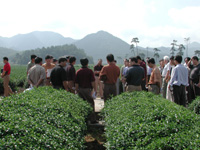
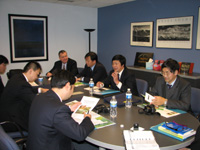
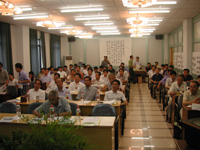
Highlights
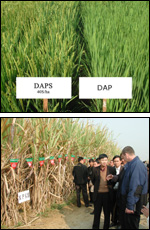
The results generated from the ten years? project on S fertilizer in Chinese agriculture provide further solid evidence that sulphur deficiency is limiting crop production, affecting crop yield and quality as well as economic return. Sulphur fertilization is playing an important role in the sustainable development of Chinese agriculture, given the now extensive database of information demonstrating sulphur fertilization benefits. To increase agricultural production, efficiency and farmer's income, the Chinese government has been adjusting agricultural production structures by increasing cash crop production, such as oil, sugar, vegetables, tea and fruit by encouraging production of high quality products. Most cash crops and high crop quality production have higher demand for S and balanced fertilizer technology for realization of their high quality and market values. With the development of effective sulphur fertilizer policy and strategy, it is expected that S fertilizer use in China will increase significantly over the coming decade and make a greater contribution to increasing Chinese agricultural production through balanced fertilization.
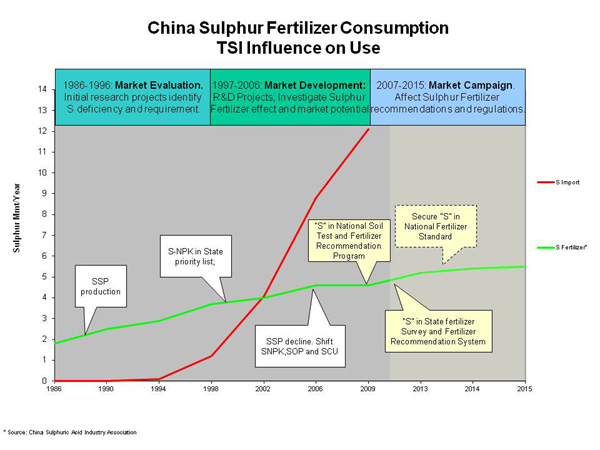
Recent Collaboration with the Chinese Ministry of Agriculture
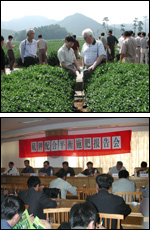
The Sulphur Institute recently completed a three-year study with the Chinese Ministry of Agriculture . This study demonstrates how critical sulphur is to Chinese agriculture. A direct outcome of the project is that sulphur can now be labeled on the fertilizer bag and with its recognition can be commercially sold. Unlike many parts of the world, China requires that sulphur be recognized as a plant nutrient by its officials before it can be sold as a fertilizer. This obstacle is now history! Next, we need to advance the commercialization with its acceptance in one more standard while we continue to educate the agricultural community on its agronomic and economic benefits, or simply put, demonstrate Sulphur – an advantaged element®.
